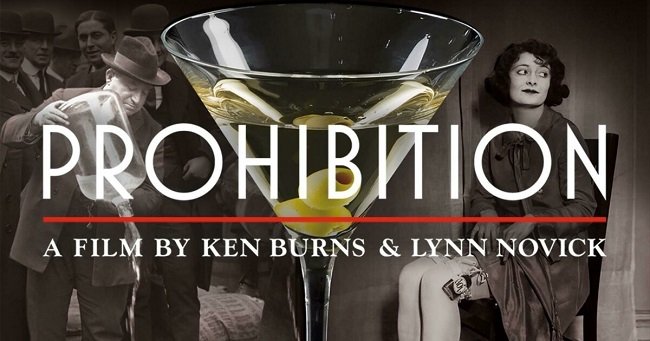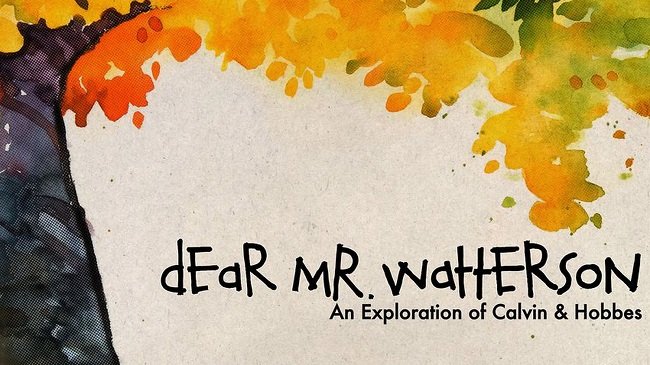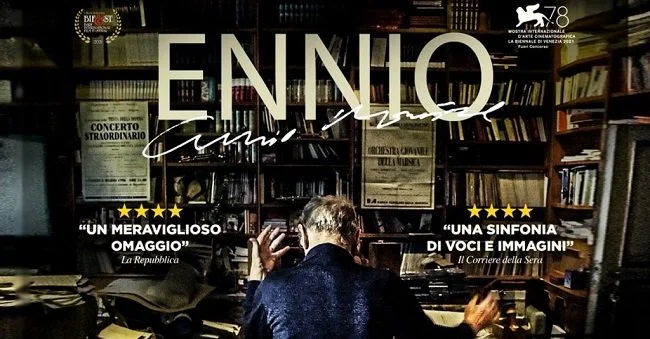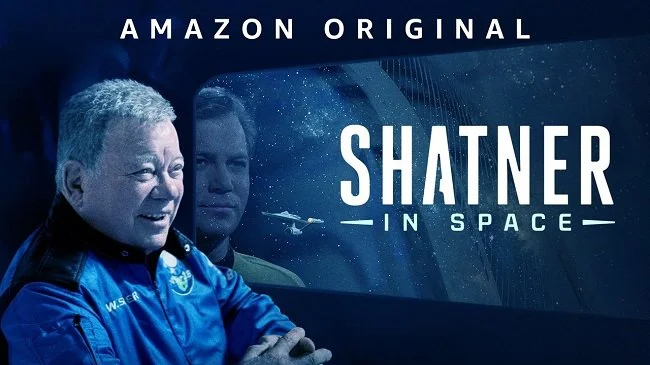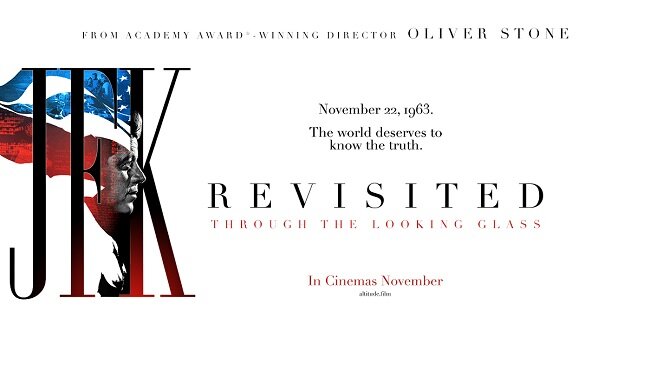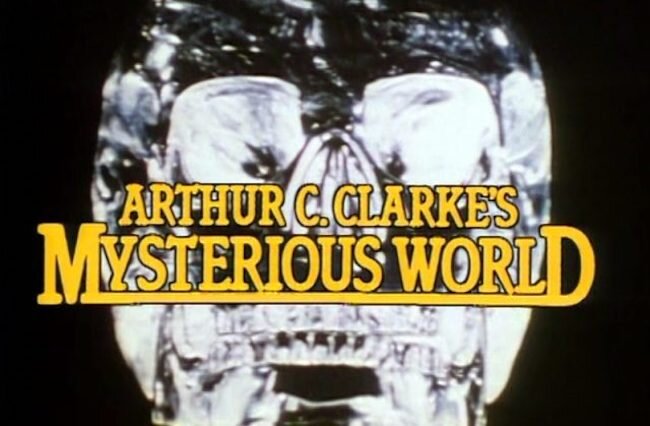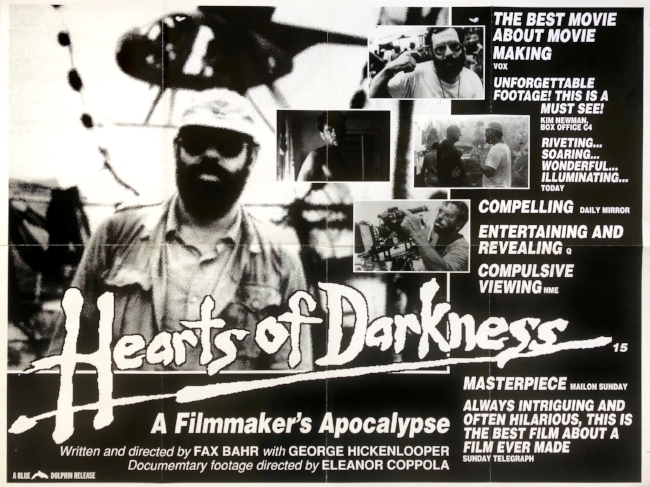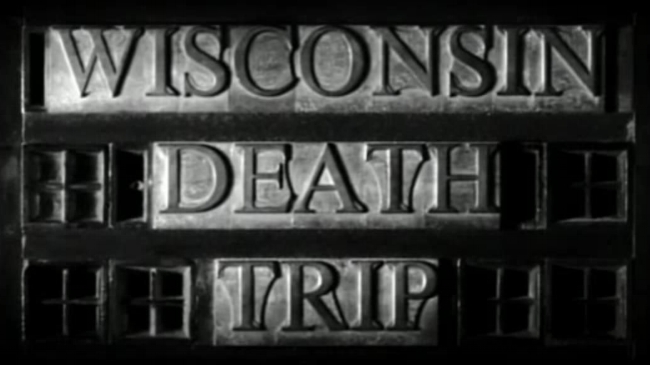Birth of the Living Dead (2013)
These day’s zombies are a somewhat ubiquitous plot device and enjoy an entire literary, artistic and cinematic sub-genre. The Walking Dead is one of the most popular TV shows internationally and hundreds of thousands of gamers fight the undead, online every day. Yet there was a time when zombies were just a minor subset of the horror genre and far from a popular one. That all changed in 1968, when a low-budget, independent film called Night of the Living Dead was released upon an unsuspecting public. The movie’s impact upon the film industry and popular culture was extraordinary. Rob Kuhns’ appropriately titled documentary Birth of the Living Dead analyses the creation of George A. Romero’s seminal classic and strives to determine how a single movie could have such impact.
The then 27-year-old Romero, learnt his craft working for local television (mainly children shows) and producing commercials via his company Latent Image. Relative success and ambition lead to a decision to make a movie and it was determined that a horror production would be cheapest to make. It was also potentially the most lucrative. Having previously read Richard Matheson’s novel I Am Legend, Romero decided to adapt one of his own short stories into the movie. The project was financed via friends and business partner who all contributed the grand sum of $600 each. Film stock was bought, an abandoned farmhouse was rented and the guerrilla-style production commenced. “Who knew that we were ever going to finish this thing” Romero has retrospectively stated.
Kuhns specifically explores Night of the Living Dead in the social and political context of the era, focusing on the radical casting of African-American actor Duane Jones in the lead role. The character’s race was unspecified in the script and the fact that it’s never a narrative issue in the film itself was particularly ground breaking at time. Sidney Poitier was a major box office star in the late sixties, yet there were still major cultural constraints on the depiction of black characters in mainstream movies. The documentary also focuses on the social and political climate of America at the time and the fact that much of the prevailing cultural angst seems to have seeped into the finished movie.
Where Birth of the Living Dead succeeds the most is in cataloguing the minor and more mundane aspects of the film’s production. For example, one of the investors provided real entrails as they ran a meat packing business. A genuine television news broadcaster played such a character the film, authentically writing his own dialogue. Most of the cast members performed additional roles, including designing the producing the makeup effects and local residents were recruited to play the marauding zombie hordes. Full co-operation was gained from the local law enforcement authorities who provided dog handlers and even a police helicopter. At one point, it seemed that pretty much every local business in Pittsburgh was involved in some capacity.
Birth of the Living Dead provides a succinct overview about one of the most iconic movies of the sixties. It is affectionate and informative, although it does get a little bogged down when it tackles the socio-political element of the movie. There are some insightful interviews with horror filmmaker Larry Fessenden (who also executive produced the documentary), Walking Dead producer Gale Anne Hurd, and cultural commentators as Mark Harris, Elvis Mitchell and Jason Zinoman. At a little over seventy five minutes it manages to pack a lot in. I did find some of the material a little curious, such as the teacher at a Bronx elementary school who was enthusiastically extolling the virtues of the movie to a class of pre-teens. Also, the documentary does not in any way touch upon any of Romero's later work or sequels.
Documentaries have become increasingly more popular with mainstream viewers in recent years. The benchmark appears to be whether you can engage a viewer who is not overtly familiar with the subject matter. Birth of the Living Dead achieves this as well as appealing to the die-hard horror fan. There has been a great deal written about Romero's Night of the Living Dead over the years and a lot of DVD “extras” have paid lip service to his work. For the time being Birth of the Living Dead has put all such commentary in the shade, offering the definitive exploration of the movie.


